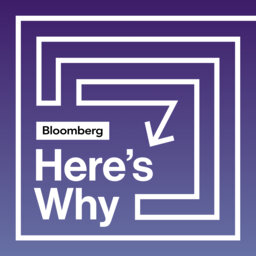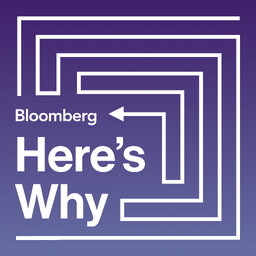Here's Why Inflation Could Be A Bigger Problem in 2025
Central banks in the US and Europe have been cutting interest rates as inflation slows close to their 2% target. But while the price surge of 2022 is behind us, the outlook for the next year looks less certain. How will trade tariffs, a strong dollar or other shocks affect the outlook for prices? Bloomberg Opinion columnist Daniel Moss joins host Stephen Carroll to discuss.
 Here's Why
Here's Why


